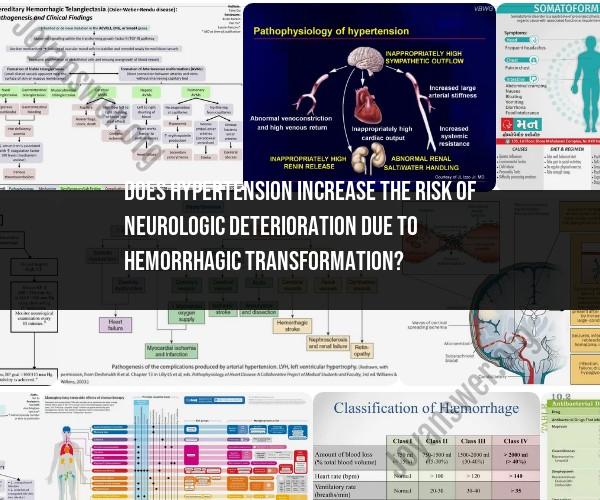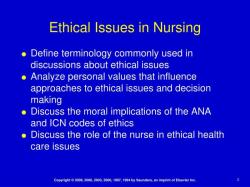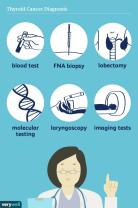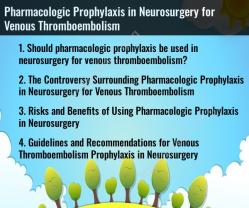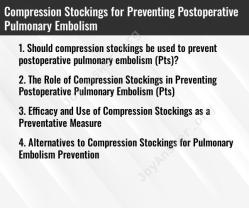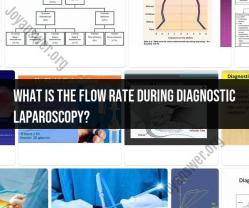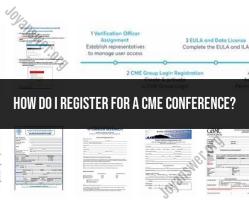Does hypertension increase the risk of neurologic deterioration due to hemorrhagic transformation?
Hypertension (high blood pressure) is a known risk factor for various cardiovascular and cerebrovascular conditions, including ischemic stroke and intracerebral hemorrhage. However, the relationship between hypertension and the risk of neurologic deterioration due to hemorrhagic transformation in the context of a stroke is complex and depends on several factors.
Hemorrhagic transformation is a term used to describe the process by which bleeding occurs within the brain tissue following an ischemic stroke (a stroke caused by a blocked blood vessel). It is a potential complication of ischemic stroke and can lead to neurological deterioration.
Here are some key points to consider regarding the relationship between hypertension and the risk of neurologic deterioration due to hemorrhagic transformation:
Hypertension as a Risk Factor: Hypertension is a significant risk factor for the development of both ischemic and hemorrhagic strokes. When a person with hypertension experiences an ischemic stroke, the elevated blood pressure can contribute to the weakening of blood vessel walls, increasing the risk of hemorrhagic transformation.
Blood Pressure Management: Effective management of blood pressure is crucial in the acute phase of stroke care. While hypertension might increase the risk of hemorrhagic transformation, it's essential to avoid aggressive blood pressure reduction immediately after an ischemic stroke, as this can worsen outcomes. The goal is to carefully lower blood pressure to a safe range while minimizing the risk of bleeding.
Individualized Treatment: The approach to managing blood pressure in the context of stroke varies from patient to patient and depends on several factors, including the type of stroke, the extent of neurological deficits, and the patient's overall health. Physicians use clinical judgment to determine the most appropriate course of action.
Preventive Measures: Preventing and managing hypertension through lifestyle modifications (such as a healthy diet, regular exercise, and medication when necessary) can help reduce the risk of both ischemic and hemorrhagic strokes.
In summary, hypertension is a risk factor for various types of strokes, including ischemic and hemorrhagic strokes. In the context of ischemic stroke and the potential for hemorrhagic transformation, blood pressure management is critical. Careful monitoring and individualized treatment are essential to balance the risks and benefits of blood pressure control to prevent neurologic deterioration. Patients with hypertension should work closely with healthcare professionals to manage their blood pressure and reduce their overall stroke risk.
